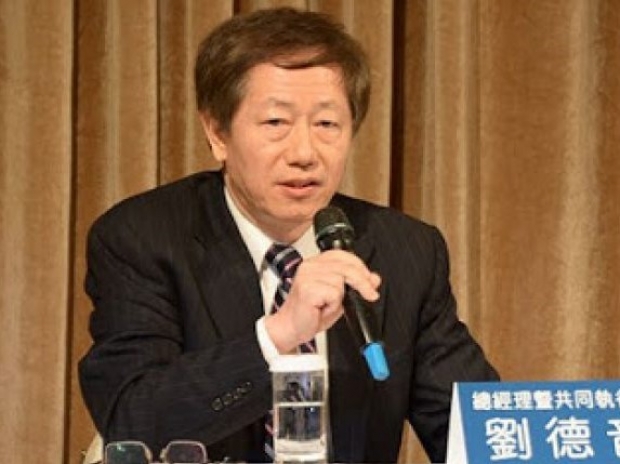With all the geopolitical developments such as the US-China trade war and tensions between Taiwan and the mainland, Liu said: “The worst you can imagine can be very bad.”
Not only does he have to face emerging competition from China but the network of relationships that have enabled in the global technology supply chain to thrive are under threat amid the trade dispute.
To make matters worse global smartphone sales have flattened and purchases of smartphone chips by the likes of Apple Inc and Qualcomm have powered TSMC for a decade.
Liu says he is optimistic and that while smartphone units have plateaued, but the silicon content of each smartphone on average was still increasing.
He projected growth in the high single digits over the next couple of years. He said smartphones would continue to account for 40 percent to 50 percent of TSMC’s revenue.
A slowing smartphone market was one of the reasons the company cut revenue targets this year. It reduced capital spending for the year from $11.5 billion-$12 billion to $10 billion-$10.5 billion - a move it attributed at the time partly to more efficient equipment delivery and currency adjustments, but which Liu acknowledged was also influenced by softer demand.
Meanwhile, new markets such as autonomous vehicles and the “internet of things” - interconnected consumer and industrial devices - have been slow to arrive.
Liu, with some irony, predicted self-driving cars would come “within our lifetime” but was uncertain when they might benefit TSMC.
Liu was more optimistic about the sophisticated chips that power data centres. The boost TSMC and others enjoyed from the sale of such advanced processors for mining cryptocurrencies have largely dissipated, but Liu said the sector had made a lasting impact on high-performance computing (HPC).
“They have an amazing architecture innovation, and it will carry onto other areas of HPC, including blockchain and artificial intelligence applications”, he said.

